Using AI to Find a Doctor

Twenty years ago, when I first started as a consultant, I worked quite a bit with medical practices.
Mostly, this work centered on efficiency and improvements in healthcare quality.
Almost universally, during the evaluation process, I would face addressing the difficulty that patients have in actually gaining access to the physician.
Every practice would tell me the same thing: "Our patients don't have trouble contacting our doctors."
I used the same technique on every client: I would pull out a $100 bill and ask the practice administrator to act like a patient and call and ask to speak to the physician. If they could talk with someone - even a nurse - they could keep the $100. If they were sent to voice mail, then they had to pay me a $100.
No one took my bet in over a decade.
And why would they?
Virtually no one today can speak to a physician when they call a medical practice.
Entire practice infrastructures are built to prevent access. There are phone trees, online portals, nurses, and even mid-level providers that are dedicated to capturing incoming messages from patients.
All of this is done in the name of efficiency, but in reality, the reason no one talks to you when you call as patient is that they don't get paid for talking.
Since the beginning of time, medical practice has been compensated on a "fee-for-service" basis, and in rare exceptions, phone calls don't count as a "service."
So, therefore, no one takes your call.
All of this assumes, of course, that you already have a physician. Good luck if you are trying to find a primary care physician or attempting to see a specialist for a medical ailment.
There are online directories from your insurance company or employer, but this data is often stale and out of date.
So how do patients find physicians today?
Friends, family, and Facebook.
And even though a physician is in-network and on a list somewhere, it might be months before you can get an appointment at all.
This is unless you are willing to pay an extra fee.
So, with all the efficiency gains in AI, could it solve the simple task of helping you find a doctor?
Let's dive in and see.
The Problem
For context, I thought I would just use the text messages on my phone as inspiration. These are conversations from the last two weeks:
Can you help me find a psychiatrist? Mine requires me to be seen every three months or I can't get refills. But I can't get in for 6 months. Seriously??
Dan, I have some sort of cyst on my neck that is growing and need to see a surgeon. Its like growing fast. My pcp said a surgeon was what I needed but couldn't get me in. He did order a CT scan?? Any ideas? Could you pull a string?
You won't believe this! My "concierge doc" charges me $1000 a year but told me it would be 6 weeks before I could get an appointment for a physical!!! Fail.
Dan, my daughter is pregnant and just moved. She called the recommended OB practice and they told her it would be 8 weeks plus she would have to pay a $2000 concierge fee before they would even schedule her. Is this legal?
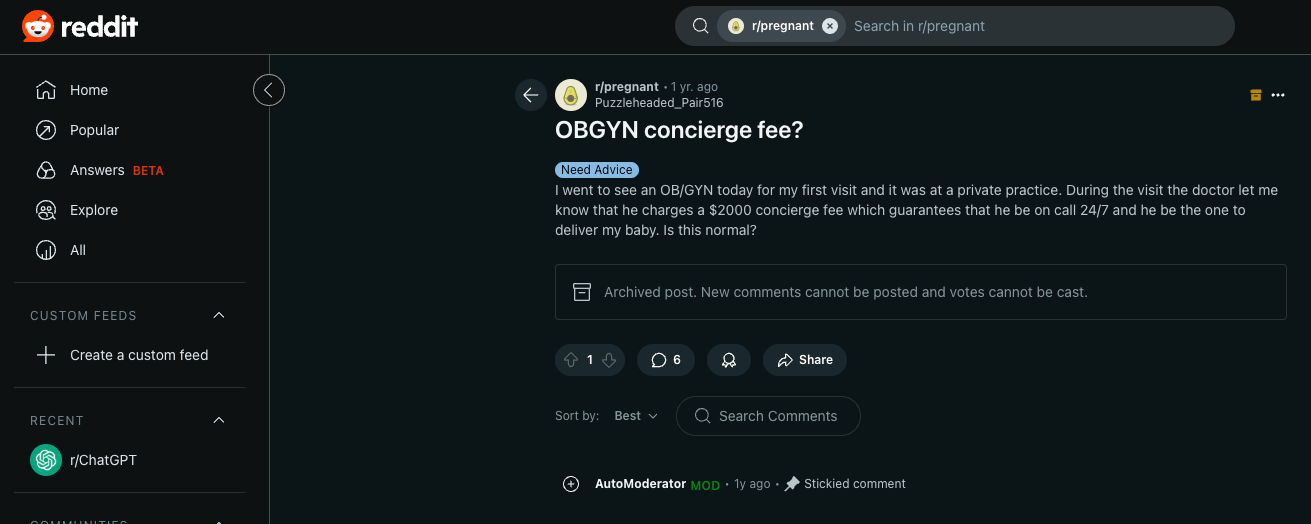
Does anyone take Medicare Advantage?
From LinkedIn Messenger: Dan, my daughter has a rare spinal disease. How do I find the best doctor in the country for her to see? I'll go anywhere, pay anything.
I think I have strep throat and called my doctor. He told me I couldn't have antibiotics without a test, but they couldn't see me. He told me to go to urgent care. Do you know if this is covered by my insurance? And why couldn't he just see me or call in a Z-Pack?!?
I wish I could say this frequency of messaging was unusual, but I can't.
We have a crisis in accessing medical care. Don't believe anyone that tells you differently.
Disclaimer
This essay is not about alternative solutions like concierge medicine.
These solutions exist because the current models have failed.
Instead, I'm going to only focus on leveraging AI tools.
No One is Taking New Patients
One of the chronic problems that almost all patients will face at some point is the challenge of just finding a physician who is taking new patients, or who can see them in a reasonable amount of time.
This is usually how this works:
1) Finding a doctor: most patients today get a referral from a friend, a family member, or on social media. Online resources are hard to navigate and because of severe government restrictions on ranking physicians, the data is often not discerning enough to help you in deciding.
2) Contacting the practice: when patients call a practice, they first have to find out if the physician is actually taking new patients, AND if they accept their insurance. Sometimes this can happen on a single phone call, but more and more patients have to leave information and get a call back. In other words, patients are being screened.
3) Wait: for a primary care physician this could be as much as 2 months and for a specialist up to 6 months!
One company that is attempting to solve this logistic issue with AI is FerryHealth.
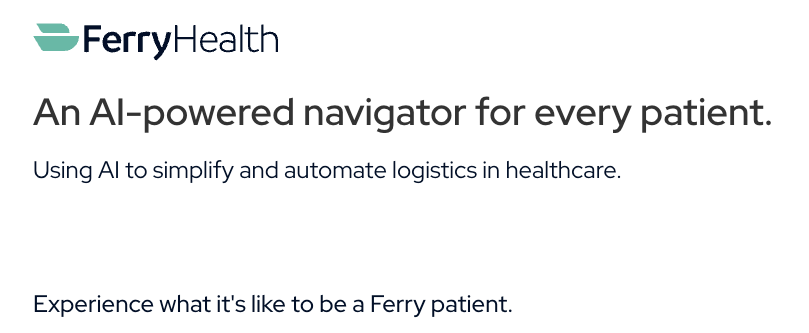
FerryHealth is pioneering AI-powered healthcare navigation and offering a platform that streamlines patient care logistics.
The system automates essential tasks like appointment scheduling and provider searches, while embedding seamlessly into existing patient portals and communication channels.
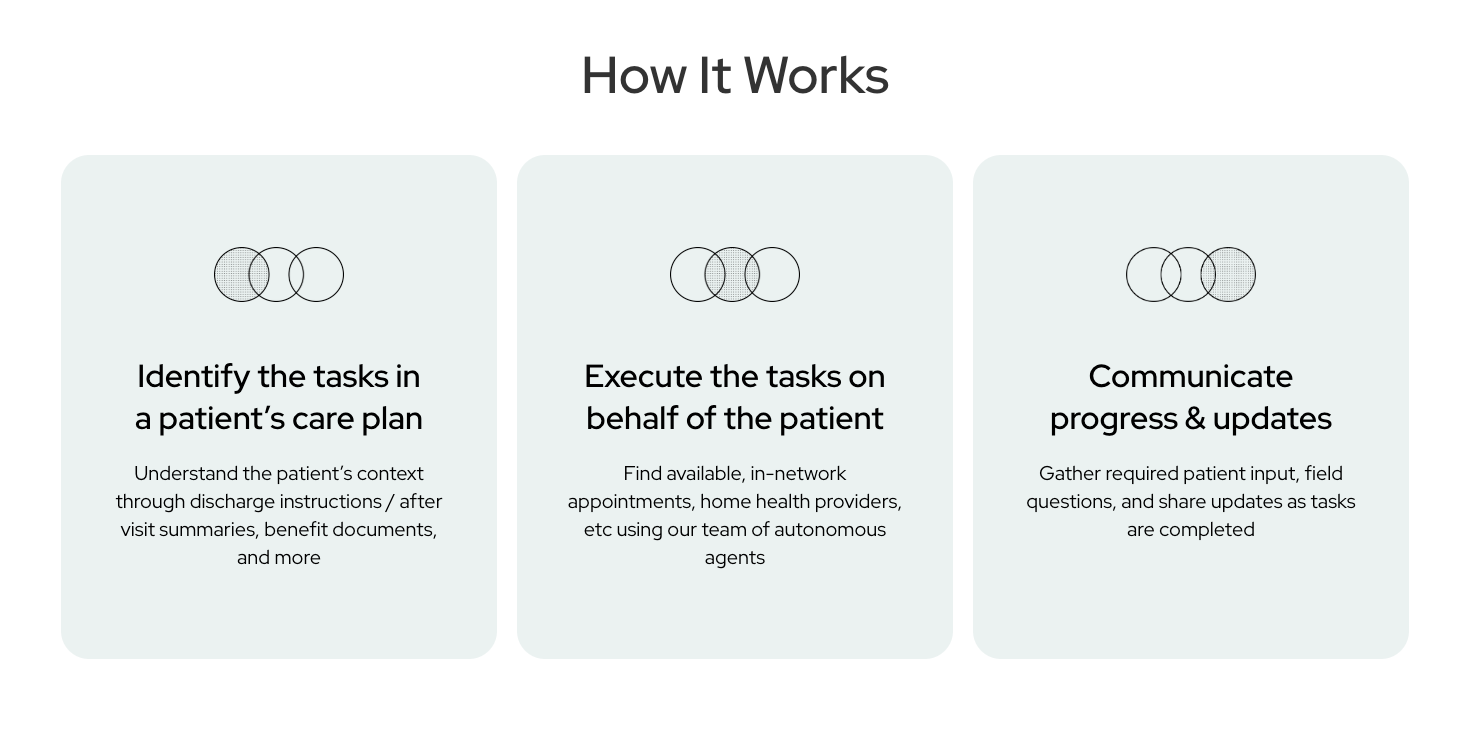
Now technology like this isn't new to many areas of business, such as brick and mortar retail stores.
At every holiday, a Google AI agent will call business owners to get their store's holiday hours for updates on their Google Business Profile.
But what do you think about bots calling physician's offices to create a more accurate an up-to-date database on schedule and insurance availability?
Is this too radical of an idea?
Who is the best doctor to see?
This is a really common question. I literally get asked this once per week.
You would think in this day and age of online search that the process would be easy.
But its not.
Throughout my career, various platforms have attempted to quantify quality, yet few integrate contact information, reviews, scientific publications, and comprehensive summaries.
And the current system falls apart when you face a complex disease, failed treatments, or a rare diagnosis.
Just put yourself in the mind of a patient that has just been diagnosed with a rare form of cancer and you want to find the physicians with the best results and access to the latest treatment options. Where would you start your search, and how would you validate your results?
I get asked this question so much that last year Dr. Bob Morrow and I worked on an AI tool to see if we could automate some of this process.
We created an AI-powered automation to run multiple searches, retrieve up-to-date information, verify suggestions, and generate a user-friendly output.
Think of this as a poor man's version of the Deep Research models that are emerging today.
Here's a quick view on how this works:
This AI tool uses multiple backend APIs to look at several databases and then uses a large language model to parse the output into an organized document that can be easily understood by a patient.
This is just a demo example output, so please don't rely on it for accuracy, therapeutic suggestions, or medical advice. It has not been verified for accuracy. It is purely to show the technology and what is possible:
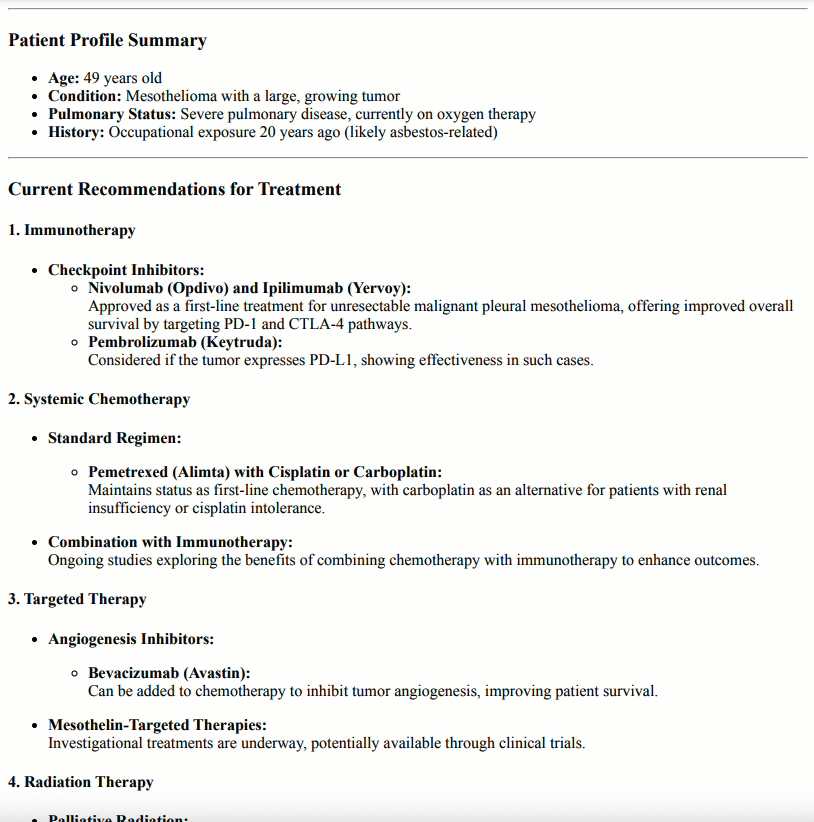
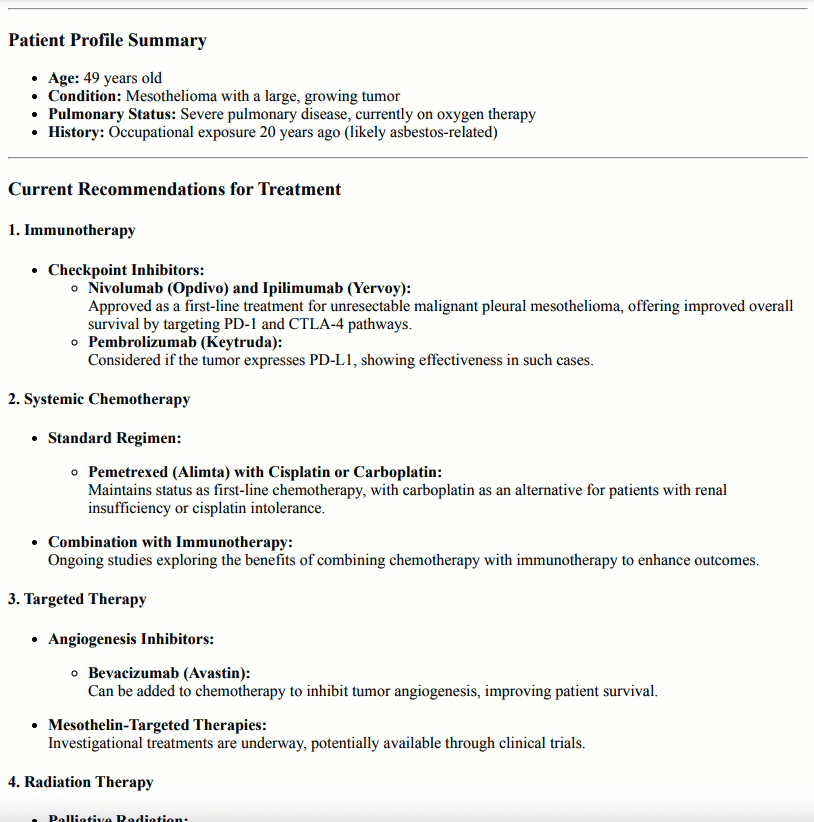
Limitations and The Future
Today there is no universal scheduling software like you find in airline reservations. There is also no easily accessible database on healthcare costs, although that is changing quickly as machine learning takes over managing government-mandated transparency data.
But as large language models continue to scale and deep learning systems such as OpenAI's o3 and DeepSeeks R1 become more widespread, it is only a matter of time until these applications will offer a more comprehensive user experience.
Will these tools make it easier to find a doctor?
In some ways, yes. There will certainly be efficiency gains in workflows related to phone calls and in wading through the muck of the process of scheduling an appointment.
However, the true advantage will be in reducing needless doctor visits and prioritizing crucial care choices.
With the rise of agentic solutions in platforms like telemedicine for care navigation, clinical support, and AI-driven care plans, patient journeys will become more streamlined and efficient.
That day will be here before you know it.

Member discussion